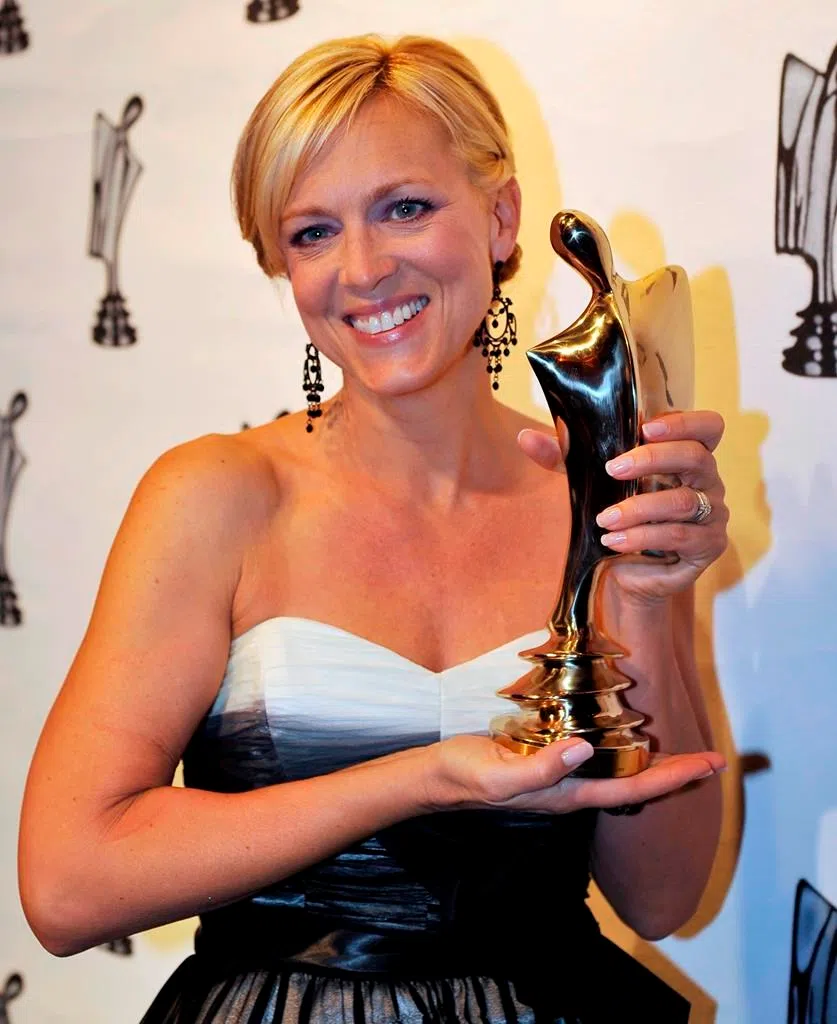
Gala So White: Zero diversity among nominees for Quebec TV viewers’ choice awards
MONTREAL — Viewers’ choice awards celebrating the most popular stars on Quebec television will be handed out next month, and all of the 70 stars nominated are white.
In a province where roughly 15 per cent of the population is from visible minorities — rising to about 25 per cent in the Montreal area — the Artis gala reflects the lack of diversity among the most prominent people on Quebec television.
Sophie Pregent, president of Quebec’s main artists union, said the homogeneity of the Artis nominees “makes my heart hurt. It’s not a pleasant thing to see.”
It’s not as if there aren’t enough people of colour to choose from, she said, noting roughly 15 per cent of her 8,500 active members are second-generation immigrants. The number climbs to 25 per cent if third-generation immigrants are included, she added.


